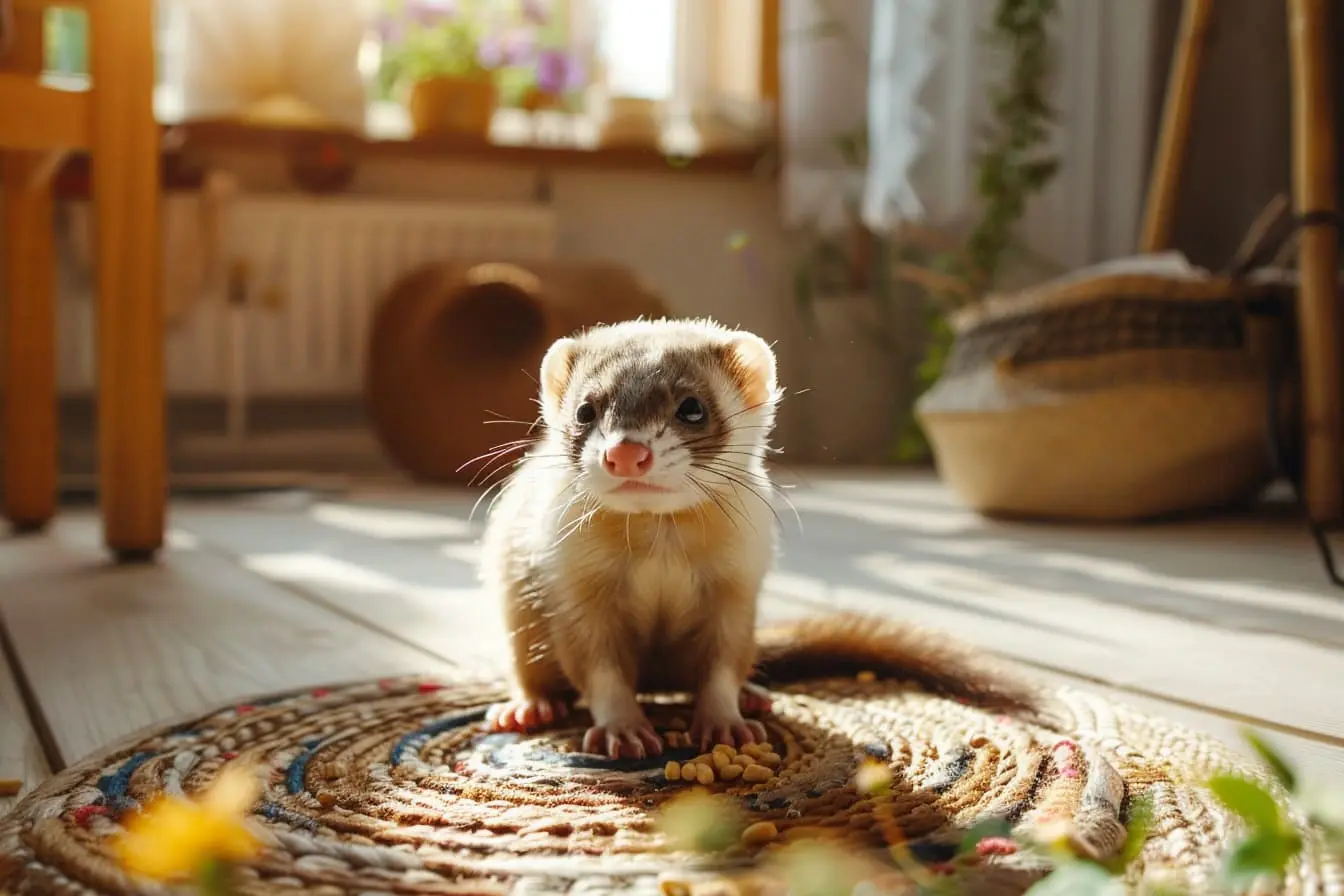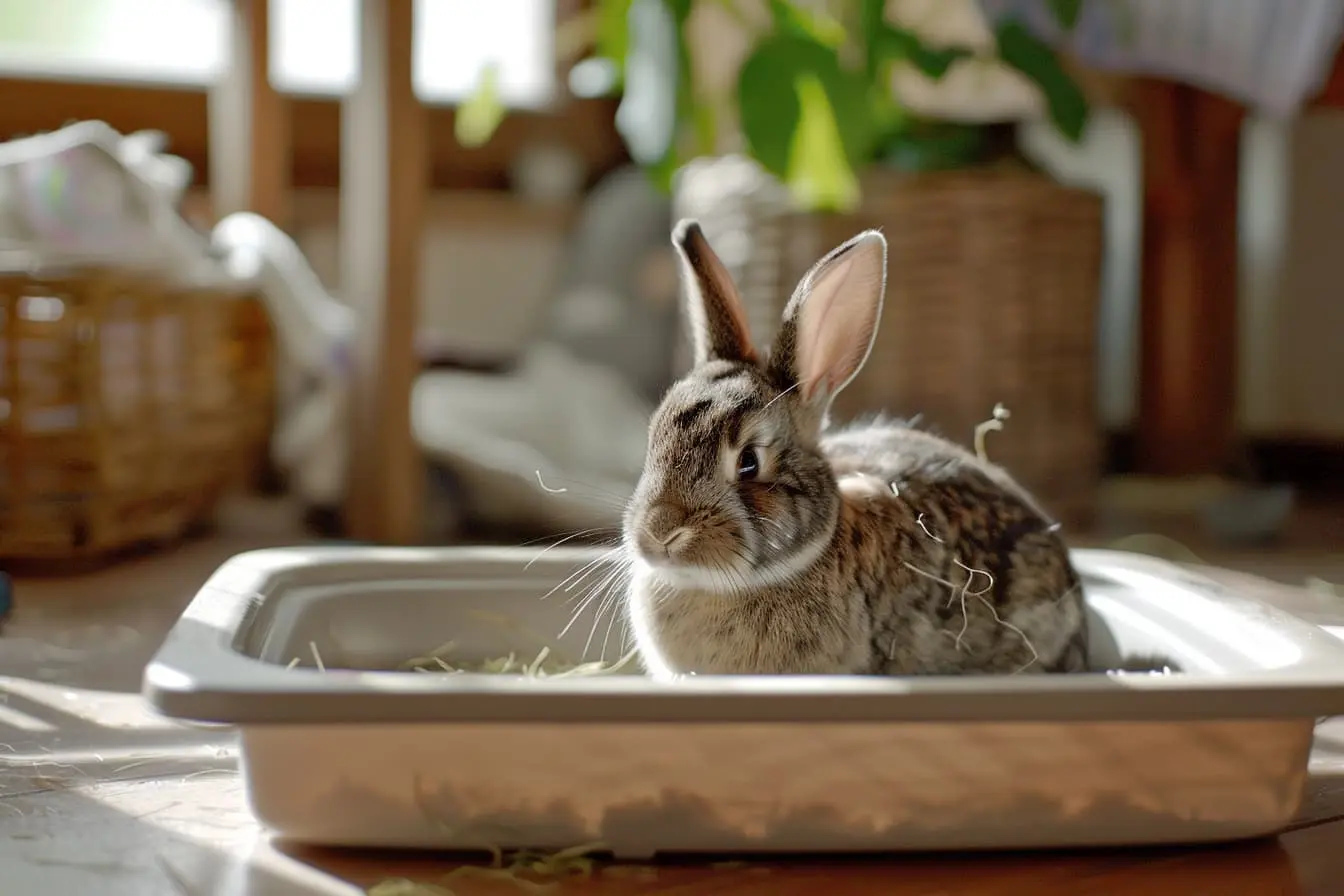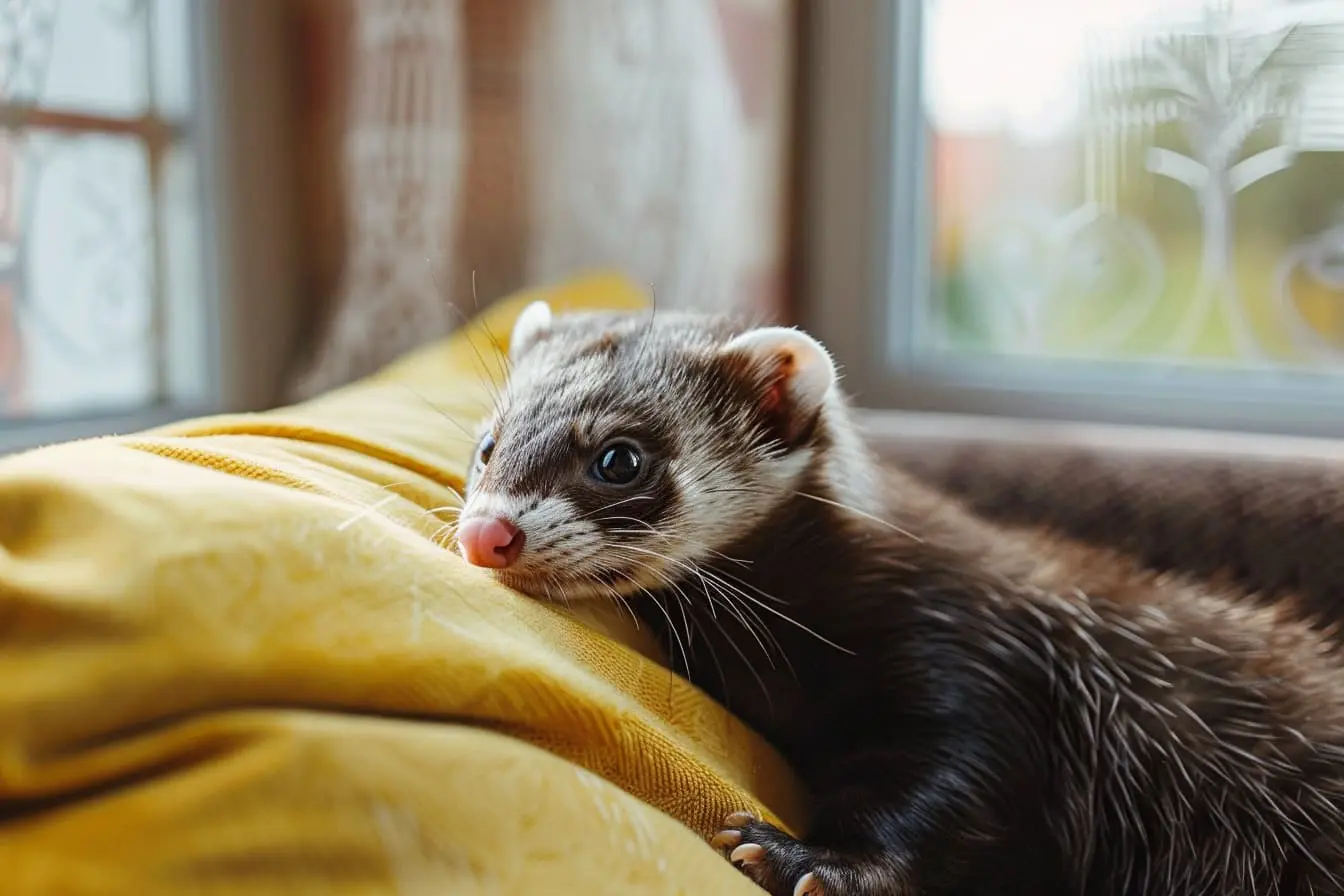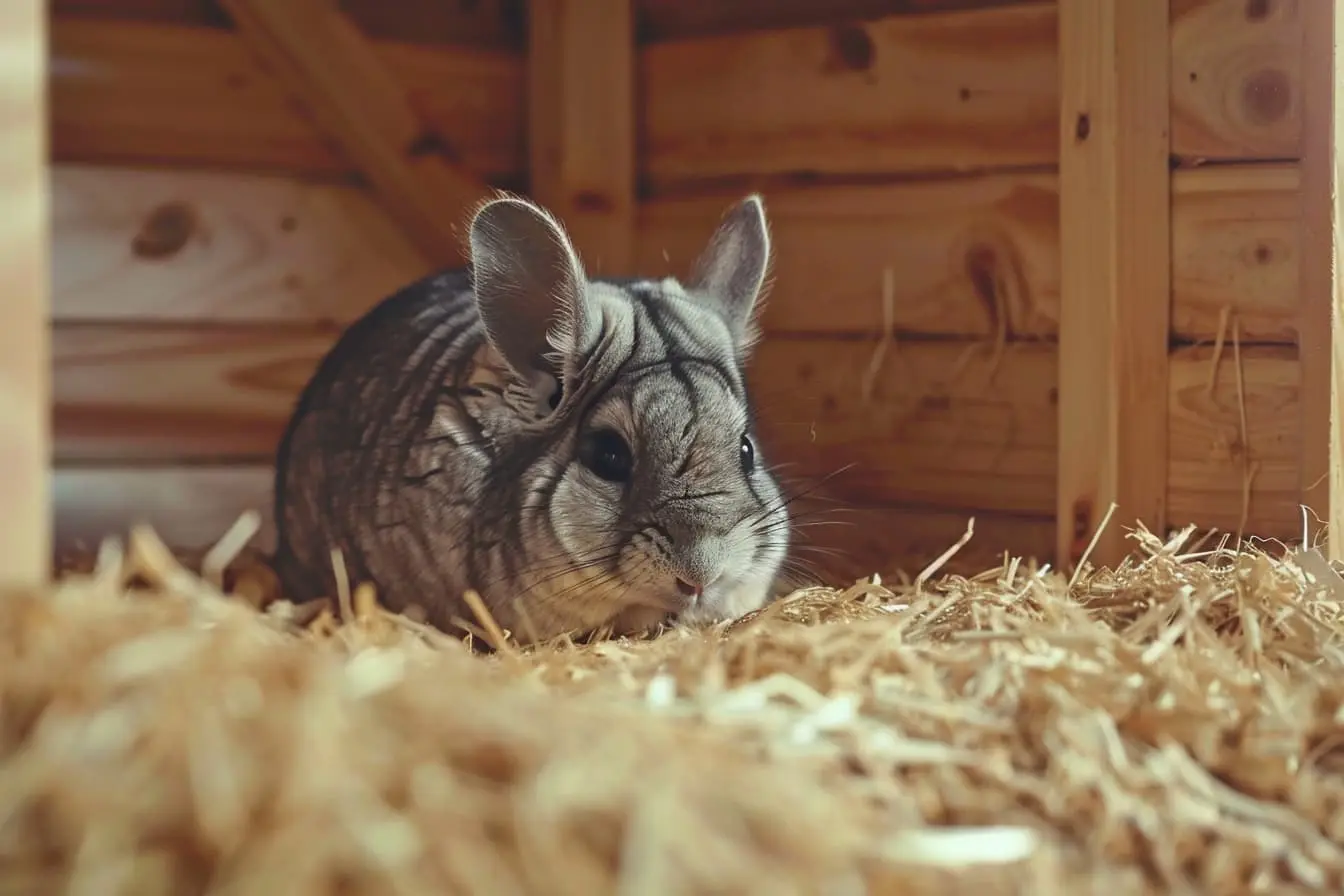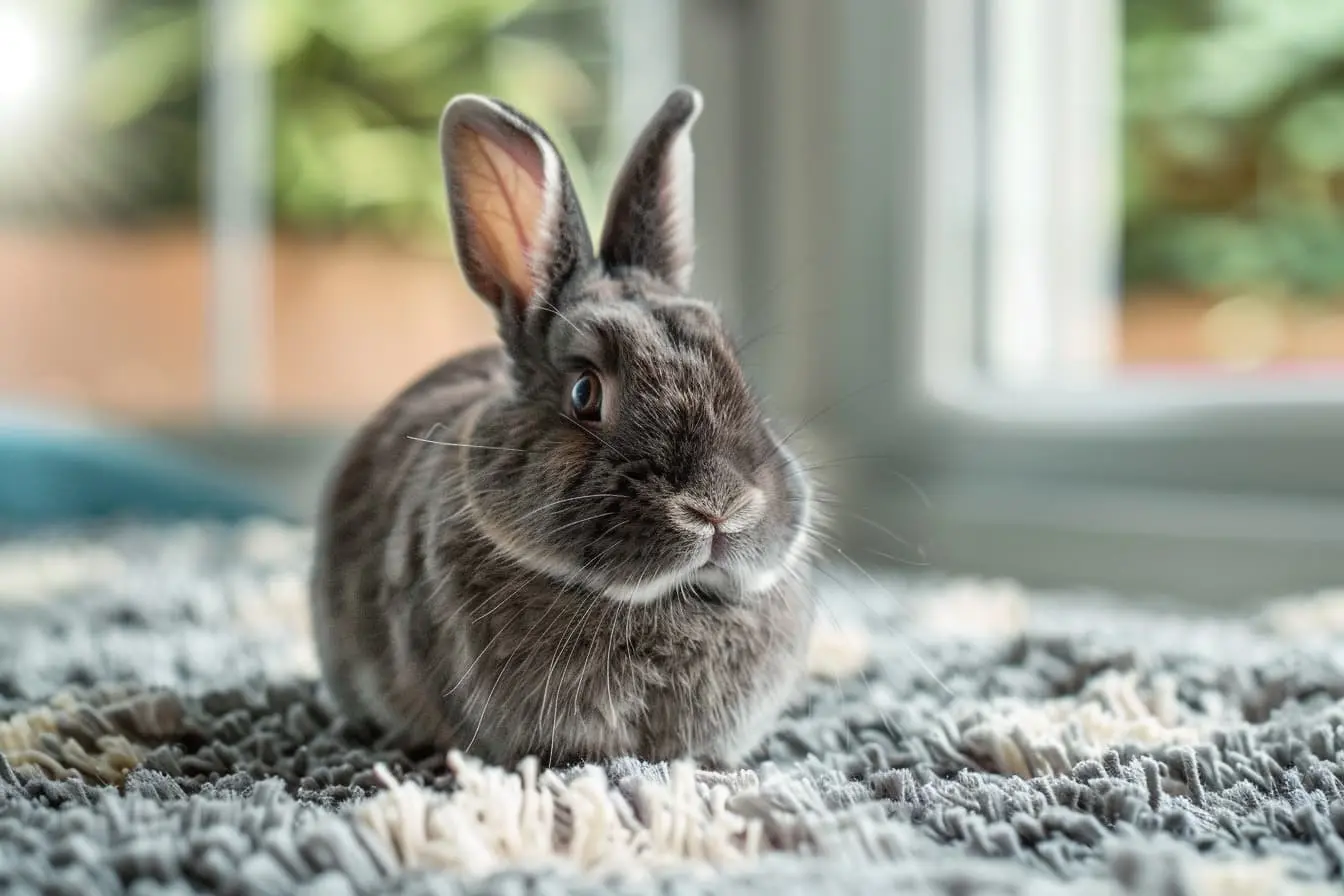
A Comprehensive Guide for New Owners Considering a Netherland Dwarf Rabbit
Welcoming a Netherland Dwarf rabbit into your home is not just an addition of a pet; it's embracing a new member of the family. Known for their compact size, adorable features, and affectionate nature, these bunnies have captured the hearts of many. However, like with any pet, owning a Netherland Dwarf rabbit comes with its own set of responsibilities and needs. This guide aims to equip potential new rabbit owners with all the necessary information to decide if a Netherland Dwarf rabbit is the right choice for their household.
Understanding the Netherland Dwarf Rabbit
Origin and Characteristics: The Netherland Dwarf is a breed that originated in the Netherlands in the early 20th century. They are one of the smallest rabbit breeds, weighing around 1.5kg as adults. Their defining features include a compact body, short neck, and large head with full cheeks, giving them a baby-like appearance that persists into adulthood.
Temperament: Netherland Dwarfs are known for their lively and affectionate temperament. They can be very playful and curious, making them entertaining companions. However, they also tend to be more skittish and may require a gentle approach, especially in the beginning. Patience and regular, gentle handling can help them become more comfortable with their human family members.
Care and Maintenance
Diet: A balanced diet is crucial for a Netherland Dwarf rabbit's health. Their diet should consist of high-quality hay (such as Timothy hay), fresh vegetables, a small amount of pellets, and unlimited clean water. Hay is essential for their digestive health and to prevent dental issues.
Housing: While small in size, Netherland Dwarfs are active and need space to move around. A spacious indoor cage or pen is necessary, along with daily supervised time out of the cage in a rabbit-proofed area to explore and exercise.
Health: Regular veterinary check-ups are important to monitor their health. They are prone to dental problems due to their compact facial structure, so monitoring their teeth and diet is vital. Spaying or neutering is recommended for behavioural and health reasons.
Lifespan: With proper care, Netherland Dwarf rabbits can live 7-10 years, making them a long-term commitment.
Social and Behavioural Needs
Interaction: These rabbits thrive on interaction and can form strong bonds with their owners. They appreciate affection and can be very playful. However, their small size makes them delicate, so interactions should be gentle.
Training: Netherland Dwarfs can be trained to use a litter box and perform simple tricks. Positive reinforcement and patience are key to training them effectively.
Companionship: Rabbits thrive when they have a companion however introductions should be done carefully and over a period of time to ensure acceptance and compatibility.
Considerations Before Adoption
Time and Commitment: Rabbit ownership requires time, dedication, and regular care. Prospective owners should consider their ability to commit to the needs of a Netherland Dwarf rabbit, including daily feeding, cleaning, and interaction.
Expense: Beyond the initial cost of adoption, expenses include veterinary care including spaying or neutering and annual vaccinations, quality food, housing, enrichment and other supplies.
Household Environment: The household environment should be safe and welcoming for a small pet. This includes ensuring that the home is rabbit-proofed to prevent chewing on dangerous objects and creating a quiet space where the rabbit can feel secure.
Conclusion
A Netherland Dwarf rabbit can be a joyful and loving addition to the right home. Their care requires commitment, but the reward is a unique bond with a charming and playful companion. Prospective owners should carefully consider the information provided to ensure they can meet the needs of these special rabbits and offer them a loving, forever home.
Vets near you
Speciality vets
- Aquatics vet specialists
- Birds vet specialists
- Camelids vet specialists
- Cats vet specialists
- Cattle vet specialists
- Deer vet specialists
- Dogs vet specialists
- Equines vet specialists
- Exotic vet specialists
- Goats vet specialists
- Pigs vet specialists
- Poultry vet specialists
- Sheep vet specialists
- Small Mammals vet specialists
- Wild vet specialists
Vet facilities
- Accessible by public transport
- Blood testing
- Car park nearby
- Client car park
- Dentistry
- Diagnostic imaging
- Disabled public access
- Flea and worm treatments
- Microchipping
- Mobile services
- Neutering
- Open at weekends
- Out-of-hours service
- Referral interests
- Referrals only
- Street parking outside
- Toilets available
- Vaccinations
